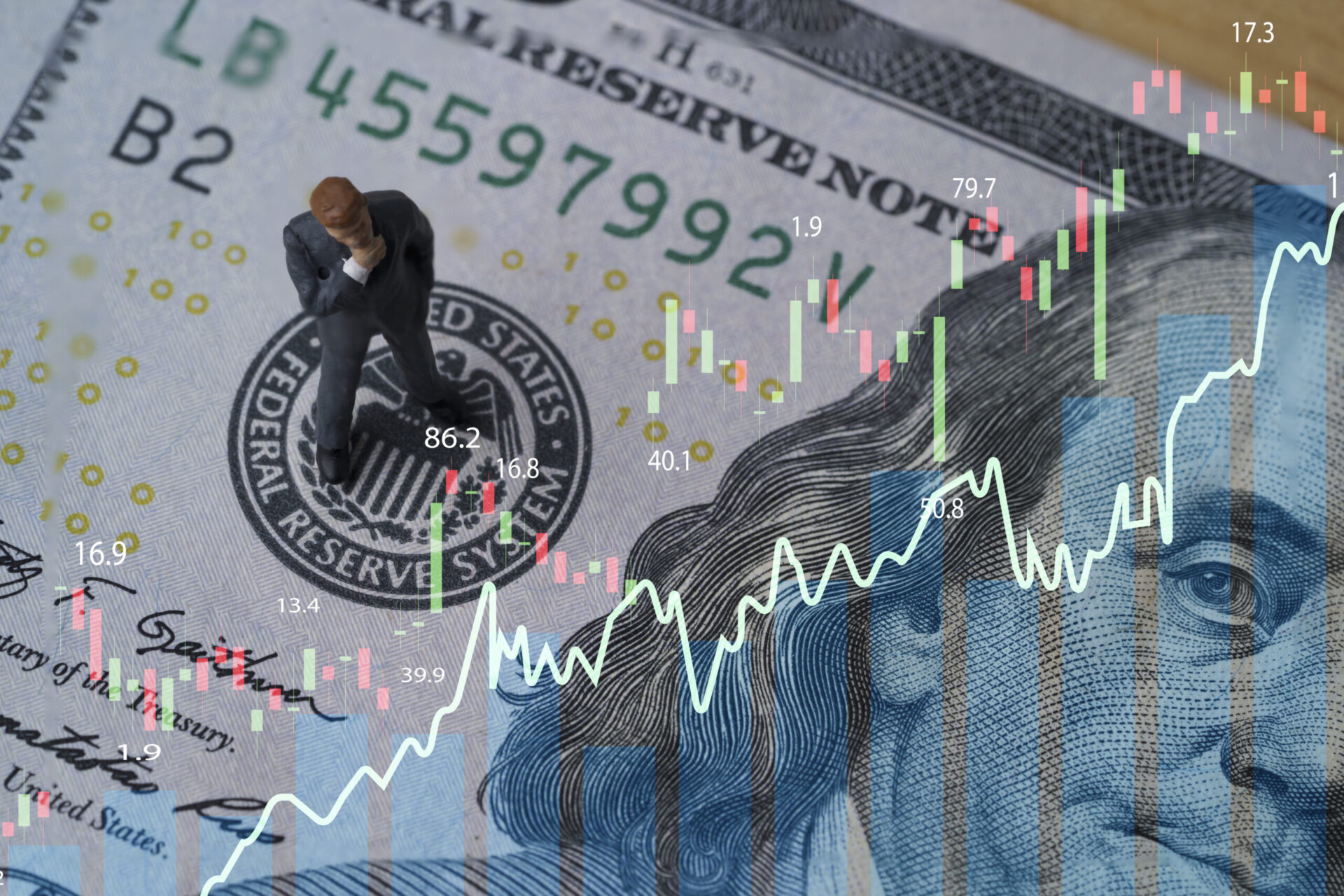By PATRICK LAVERY
Speculation about what actions leaders at the Federal Reserve will take at their meeting starting Tuesday has been building for weeks, and opinions over the right course of action are varied.
Should they stay the course, steadily raising interest rates to try to continue to curb inflation? Should they be more aggressive? Or should they pull back, letting the United States slide into a recession?
These questions have been swirling for months but the sudden collapse of Silicon Valley Bank and New York-based Signature Bank changed the dynamics of the conversations seemingly overnight.
Nadia Evangelou, senior economist and director of real estate research for the National Association of Realtors, said prior to the bank collapses, she could have foreseen an increase by the Fed of as many as 50 basis points. Now, that’s not likely.
“I don’t expect to have a rate hike higher than 25 basis points for the March meeting, and this is due to the financial insecurity and uncertainty that is out there currently,” Evangelou said.
Lawrence Yun, NAR’s chief economist, was even more pointed than his colleague in making his prediction, bluntly saying the Fed can’t afford to be aggressive next week.
“SVB’s failure, along with a few other banks, means that the Federal Reserve cannot be so aggressive in raising its short-term interest rates,” Yun said in a statement.
That may be good news for the housing market, Yun explained.
“Investors shift money toward safe assets in times of crisis or panic, which means buying more government bonds and those financial instruments with government guarantees, such as mortgages. Therefore, mortgage rates will decline. The housing market always responds to lower rates, and more buyers will be able to enter the market,” Yun said.
Evangelou smells a chance for quick action by prospective homebuyers who decide now is the right time to make their move.
“Mortgage rates have dropped almost 50 basis points in a week, so I think many buyers, seeing mortgage rates come down, may think that this is their opportunity,” Evangelou said.
Unless the Fed does make a drastic move, which is seeming less and less likely, Evangelou said rates are and should remain close enough to a “comfortable” range of 6% to 6.4% where a typical family would not feel they need to commit more than 20% to a down payment on a home.
What’s the downside?
Zillow’s Chief Economist Skylar Olsen wrote in a brief reacting to the SVB shutdown that “the heightened economic risk is likely to bring a short-term boost to the housing market by way of lower mortgage rates” but indicated the longer-term picture might not be so rosy.
“Lower rates would help home buyers who are stretched thin when it comes to affordability, but if SVB’s troubles are indicative of wider issues, a coming recession could be deeper and longer-lasting than expected. That raises the odds that income or job loss could start affecting housing markets where the economic stress is concentrated,” Olsen wrote.
Olsen said a widespread tech downturn could be felt in places such as the San Francisco Bay area and Seattle.
Next week’s Federal Open Market Committee meeting could potentially cause higher mortgage rate volatility, Orphe Divounguy, senior macroeconomist at Zillow, said in a statement.
“Mortgage rates underwent big swings this week, and fell overall, as stress on banks and heightened policy uncertainty caused investors to run to safety. Just last week, Federal Reserve Chair Jerome Powell had indicated in his remarks to Congress that the next rate hikes could be higher than what investors were anticipating. But the sudden collapse of two major banks – Silicon Valley Bank and New York’s Signature Bank – that caused a run on regional banks may have given the Fed a major reason to reconsider,” Divounguy said.
“Going forward the Fed will have to advance its goal for price stability while also limiting financial stability risks.”
Divounguy said luckily recent data on consumer and producer prices suggests disinflation is underway.
Inflation has eased, though still not as much as many economic leaders would like. This month’s 0.4% bump in the Consumer Price Index has pushed inflation back to 6%, which is not the 7% that analysts mark as truly troublesome, but also not trending in the right direction.
A press conference will be held by officials on Wednesday after the FOMC meeting.
Editor Kimberley Haas contributed to this report.
Follow Us On Twitter:
Are you planning to travel this year? Will you stay in a hotel? Writer Chuck Green takes a look at the state of the hotel industry. https://t.co/qxLYj70Tgu
— The Mortgage Note (@TheMortgageNote) March 16, 2023
Read More Articles:
Flipping Taxes, State Requirements, Regulations Important Issues To AAPL
